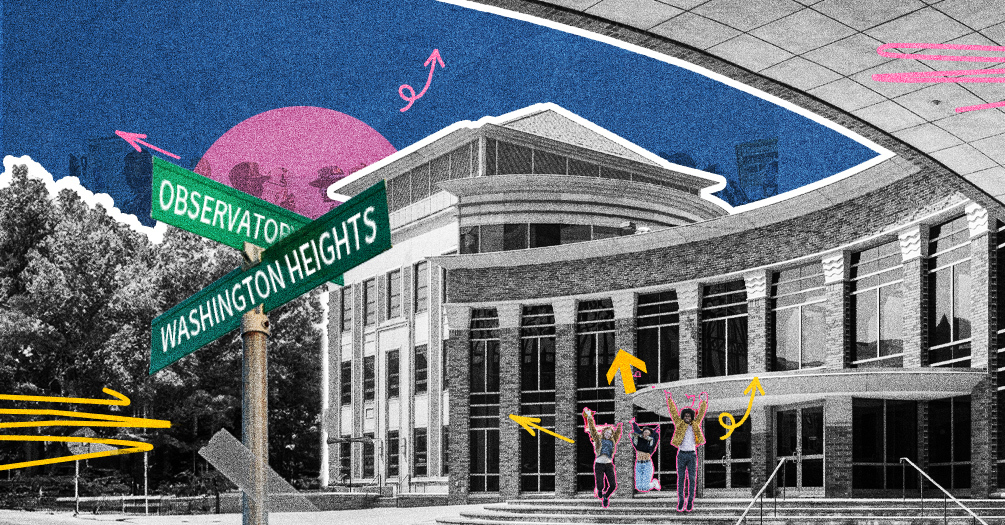
On the Heights: November 2025
November highlights include a National Academies leadership role, new research on AI adoption in healthcare and youth mental health reporting systems, faculty testimony on medical debt relief, and a new podcast series.
We're still accepting applications for Fall 2026!
Apply Today
November highlights include a National Academies leadership role, new research on AI adoption in healthcare and youth mental health reporting systems, faculty testimony on medical debt relief, and a new podcast series.

The United States healthcare workforce has bounced back from the massive job losses of early 2020, with employment now matching pre-pandemic projections, according to new research from the University of Michigan School of Public Health. But the recovery is far from even—while some healthcare settings are thriving, others continue to struggle with severe staffing shortages.

Medications proven to effectively treat opioid addiction are rarely given after emergency department visits for overdose, and who gets them varies, sometimes greatly, depending on race, ethnicity or geography, University of Michigan researchers say.

Among health care job sectors, nursing homes have been the most adversely affected by declines in employment growth since the pandemic—a rate more than triple that of hospitals or physician offices, says a University of Michigan School of Public Health researcher.

Worries that surgery patients would have a tougher recovery if their doctors had to abide by a five-day limit on opioid pain medication prescriptions didn’t play out as expected, a new study finds.

The University of Michigan recently received a $3.3 million grant to launch a comprehensive data science project that aims to inform best practices on pre- and post-surgical care procedures for patients with opioid use disorder.